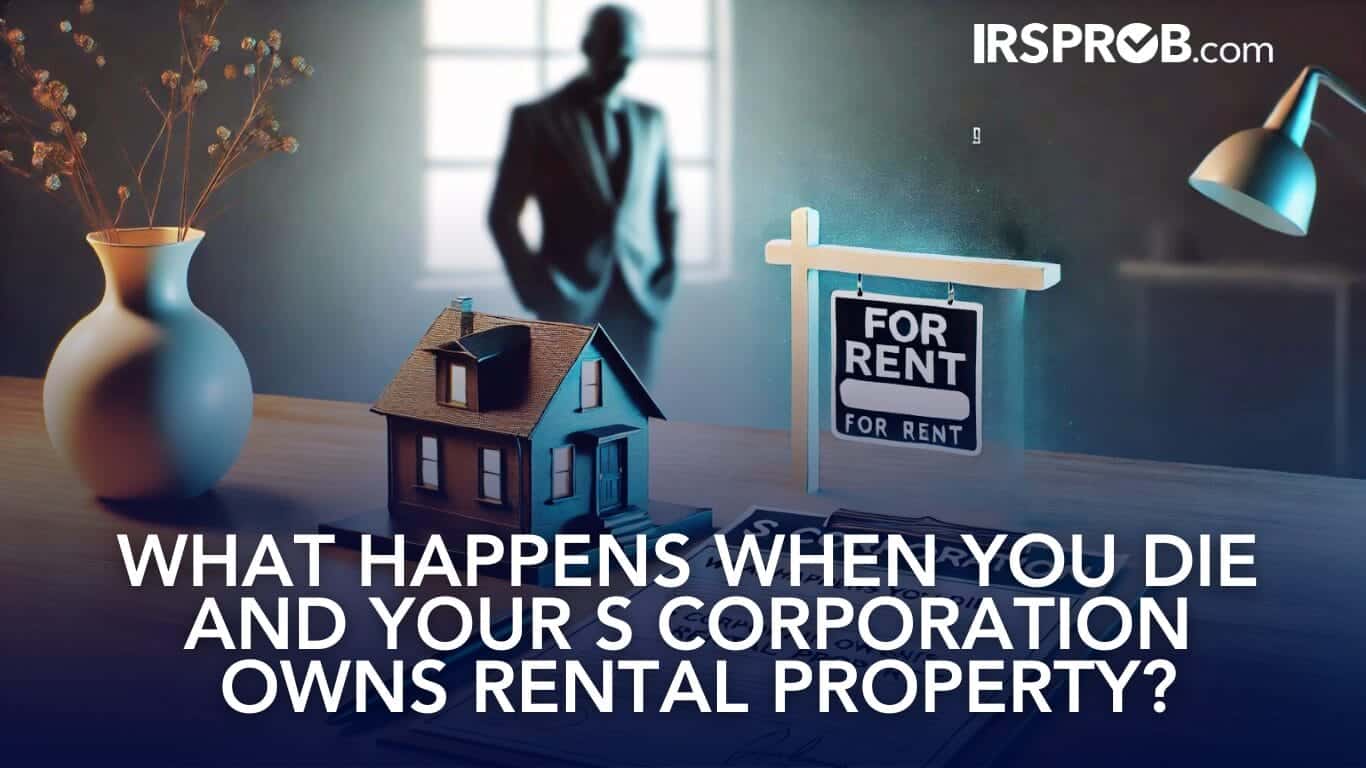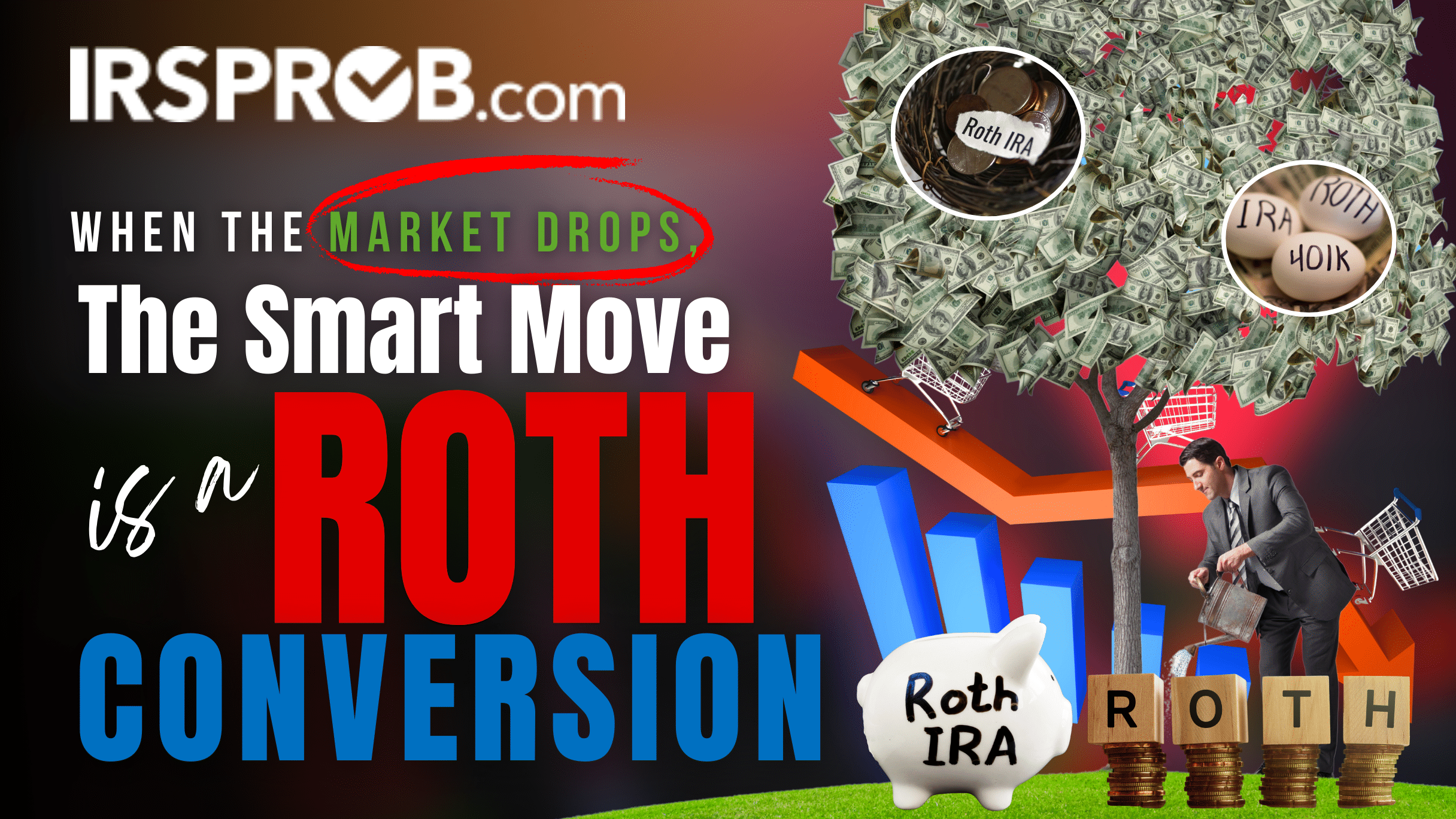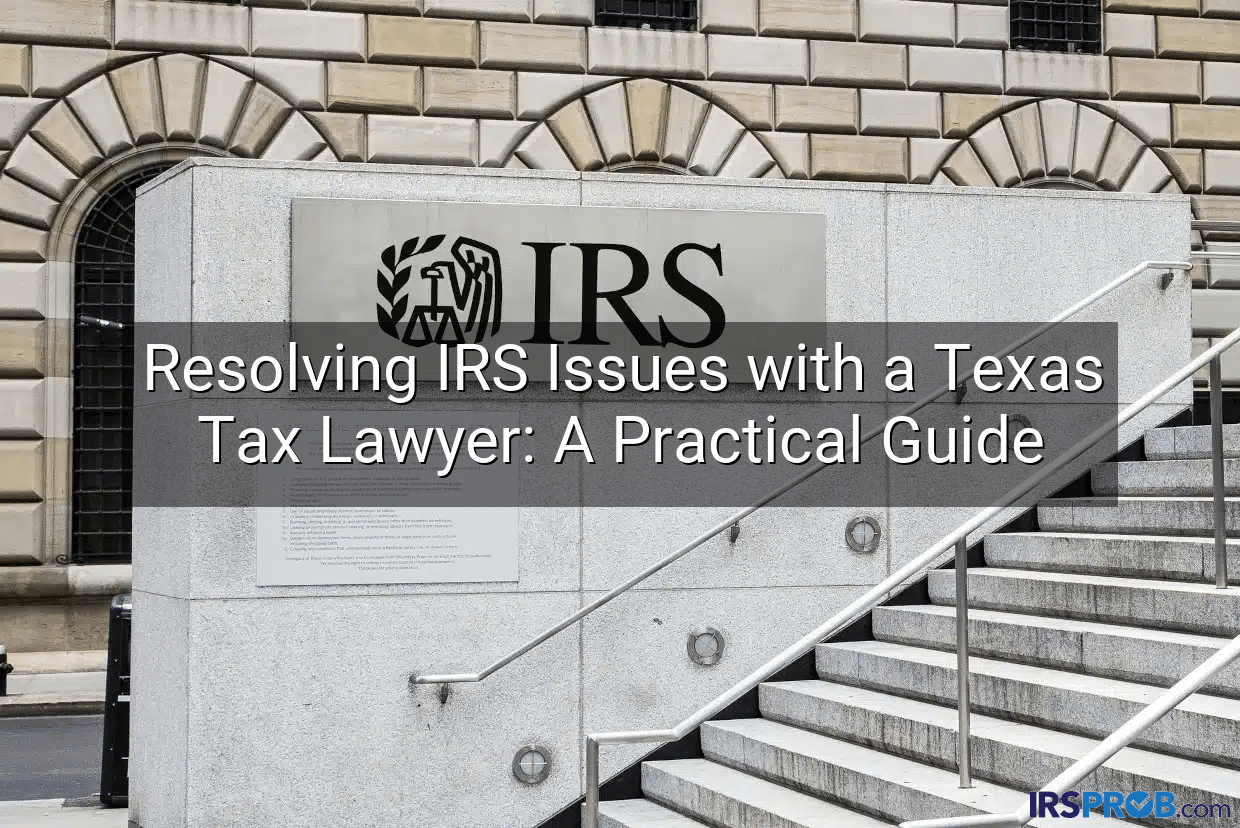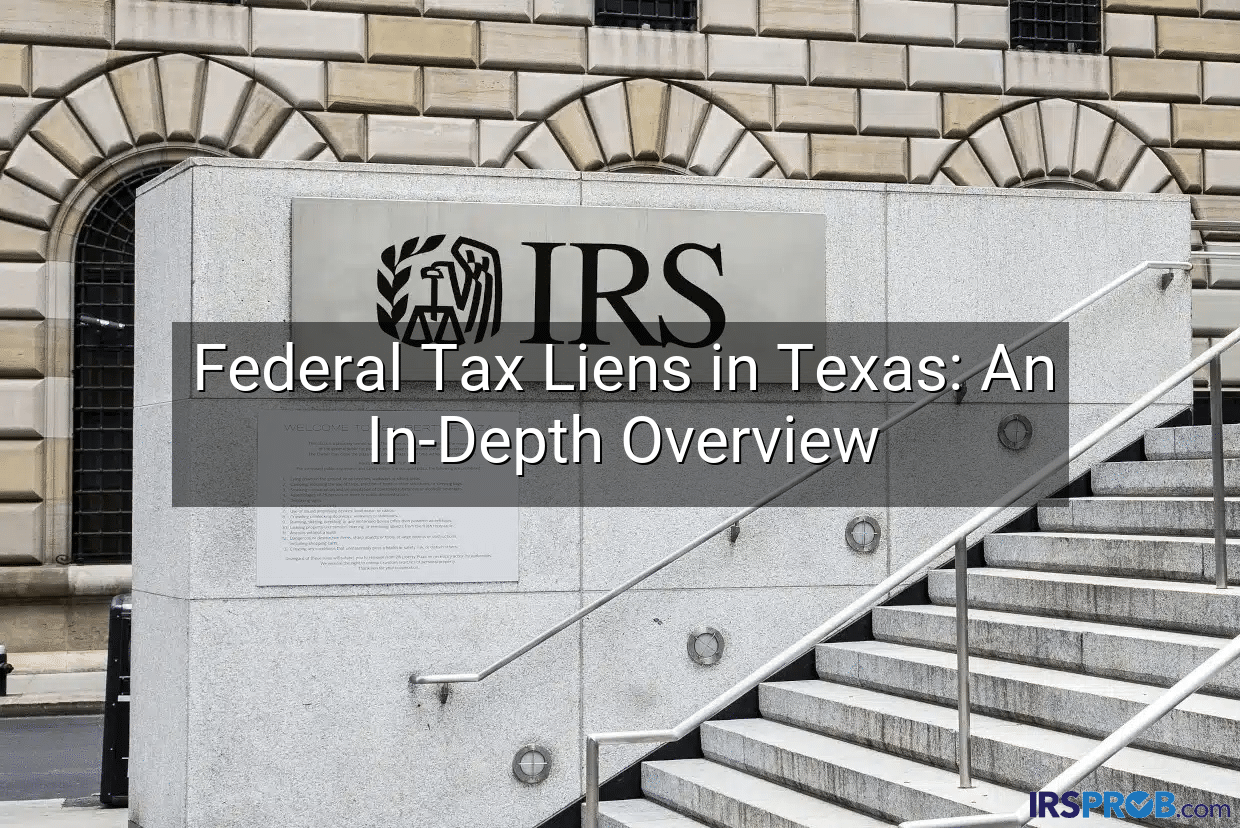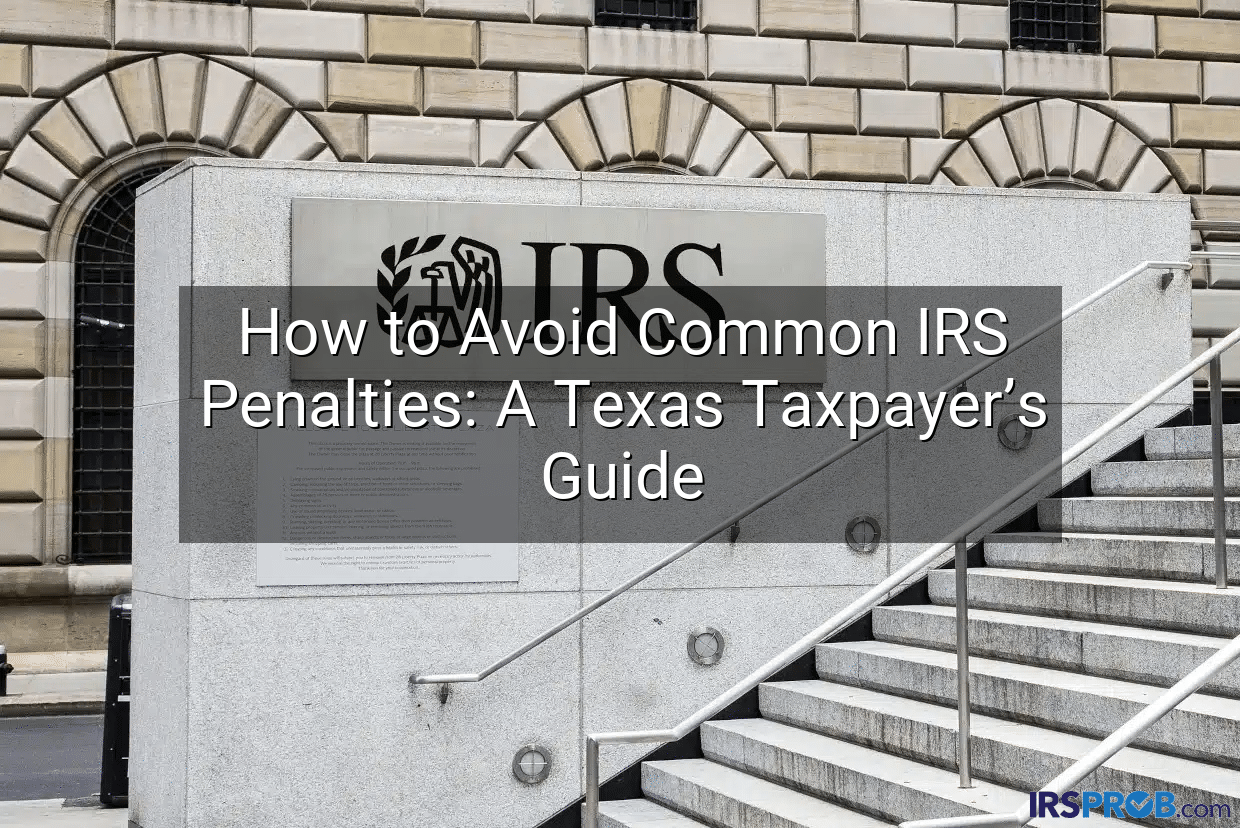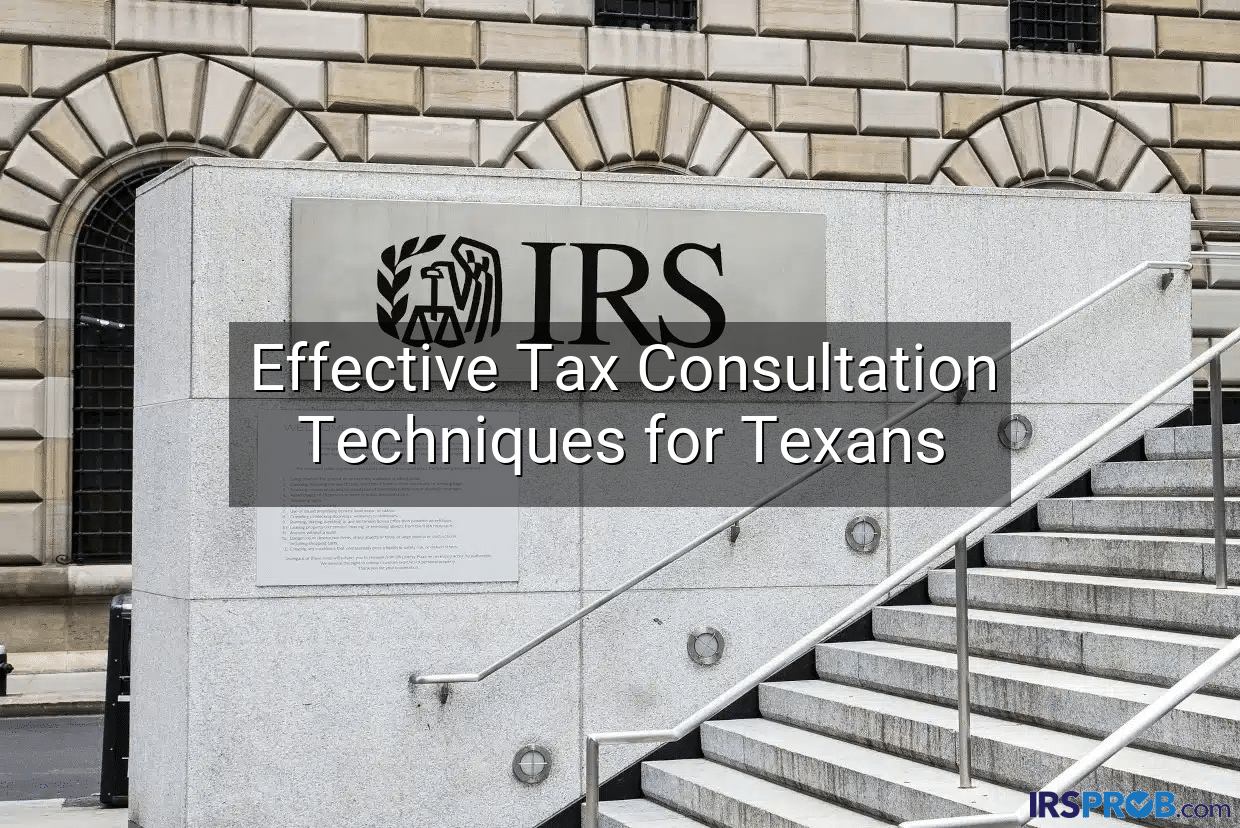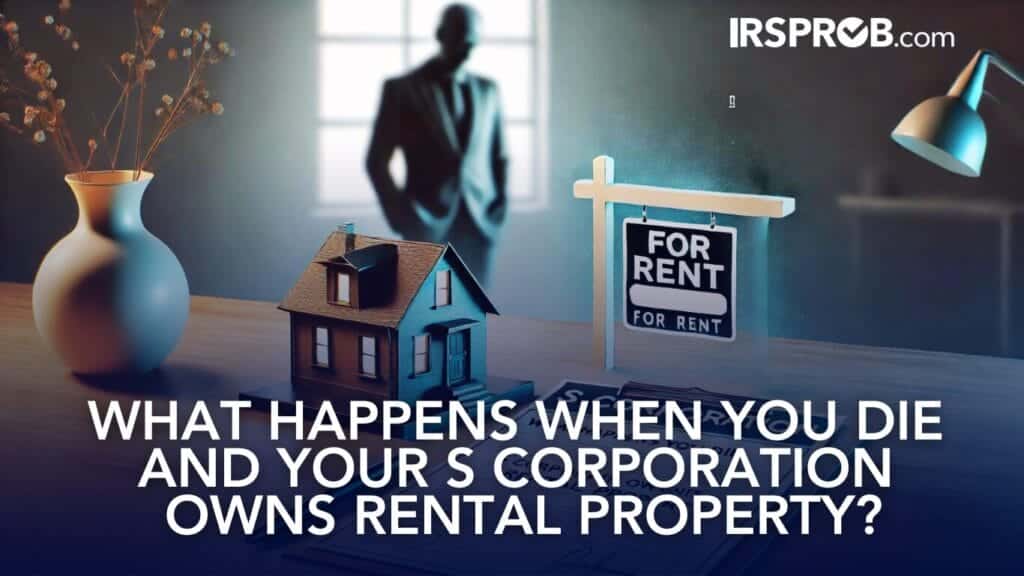
Owning real estate through an S corporation can offer several tax advantages during your lifetime, but what happens when you pass away? This is a question many business owners might not consider until it’s too late, and the implications can be significant for your heirs.
Understanding the Basics: The S Corporation Structure
An S corporation is a special type of corporation that allows profits to be passed directly to owners and shareholders without being subject to corporate income tax. Many business owners use this structure to manage their investments, including rental properties. The benefits are clear: you avoid double taxation, and profits are taxed at your personal income tax rate.
Selling Your Home to an S Corporation
Suppose you’ve sold your home to your S corporation, which then converts the home into a rental property. This strategy can be effective in preserving the $250,000/$500,000 home-sale federal income tax exclusion, converting the property to a rental asset, and increasing the depreciable basis in the rental property.
However, what happens when you pass away? The most common concern is whether your heirs lose the step-up in basis on the rental home, which could lead to significant tax liabilities when they decide to sell the property.
The Step-Up in Basis Dilemma
When you pass away, the fair market value of your S corporation stock, which includes the rental property, is determined for estate tax purposes. This value becomes the basis for your heirs. For instance, if the rental property had a fair market value of $2,000,000 at your death, the value of the S corporation stock would be $2,000,000.
However, while your heirs inherit the stock with a stepped-up basis, the rental property within the S corporation retains its original basis. This might seem like a disadvantage, but there’s more to the story.
The Sale of the Rental Property
If your heirs decide to sell the rental property, the S corporation itself will report a long-term capital gain, which in turn increases the shareholders’ (your heirs’) basis in the S corporation. Following the sale, your heirs could liquidate the S corporation, resulting in a capital loss that offsets the gain from the sale.
The final result? The gain and the loss cancel each other out, effectively achieving the same tax result as if the rental property itself had received a step-up in basis at the time of your death.
Why This Matters for Business Owners
Many tax professionals generally advise against holding appreciating assets like rental properties within an S corporation due to potential complications. However, as illustrated, the strategy of selling your home to an S corporation and converting it into a rental property can still yield favorable tax results even after your death, particularly when it comes to managing the potential loss of a step-up in basis.
For business owners, understanding these nuances is crucial. Planning for the future, including the inevitable transfer of assets, can ensure that your heirs are not burdened with unnecessary taxes. Consulting with a tax advisor who understands these complexities is key to optimizing your tax strategy and safeguarding your legacy.
Conclusion
While the strategy of holding rental property within an S corporation may seem risky due to concerns over the step-up in basis, it can actually work out well in the end. With proper planning, your heirs can avoid a hefty tax bill and preserve more of the property’s value. If you’re considering this approach, or if you already have an S corporation owning rental property, it’s advisable to review your situation with a tax professional to ensure that your estate is in the best possible position.

